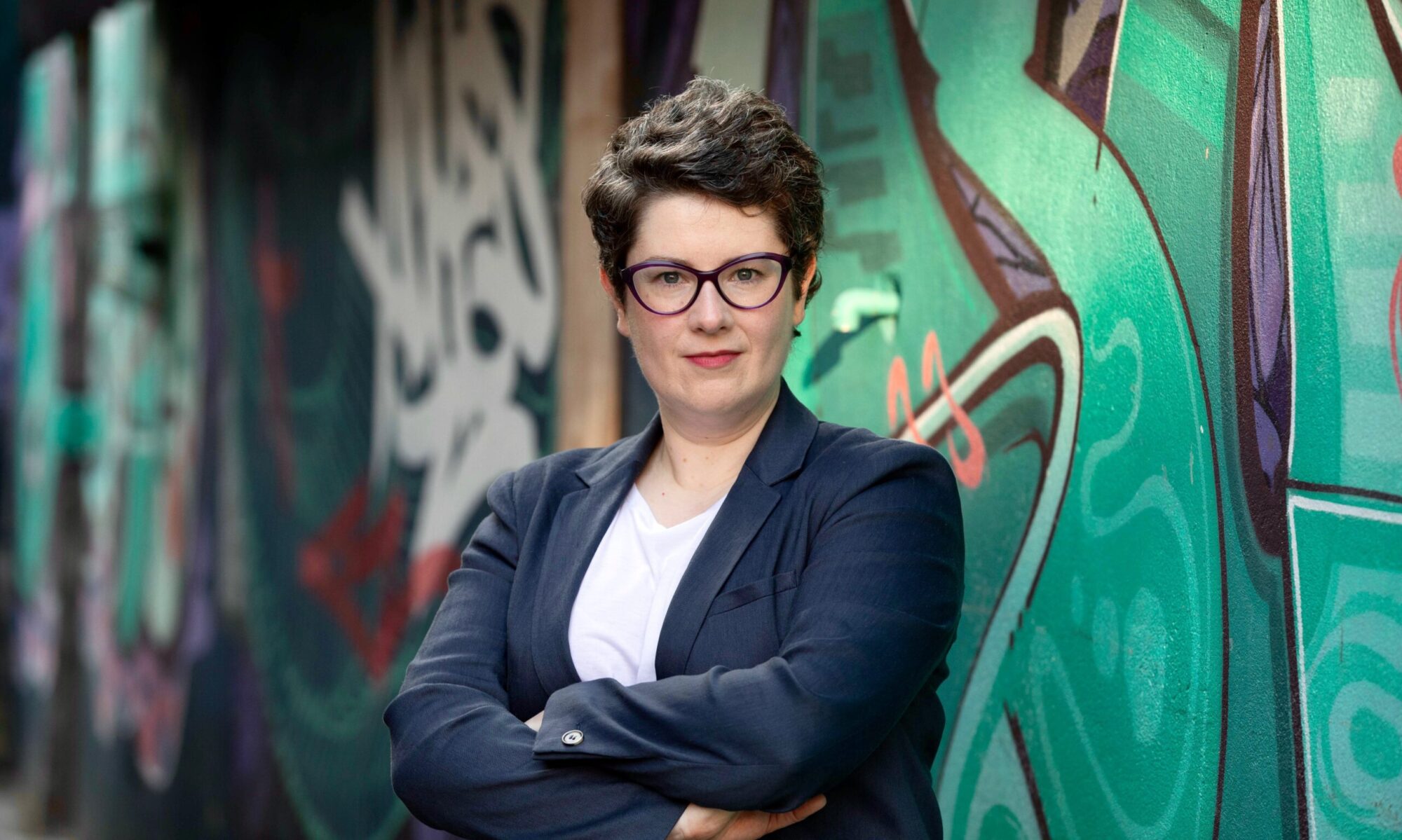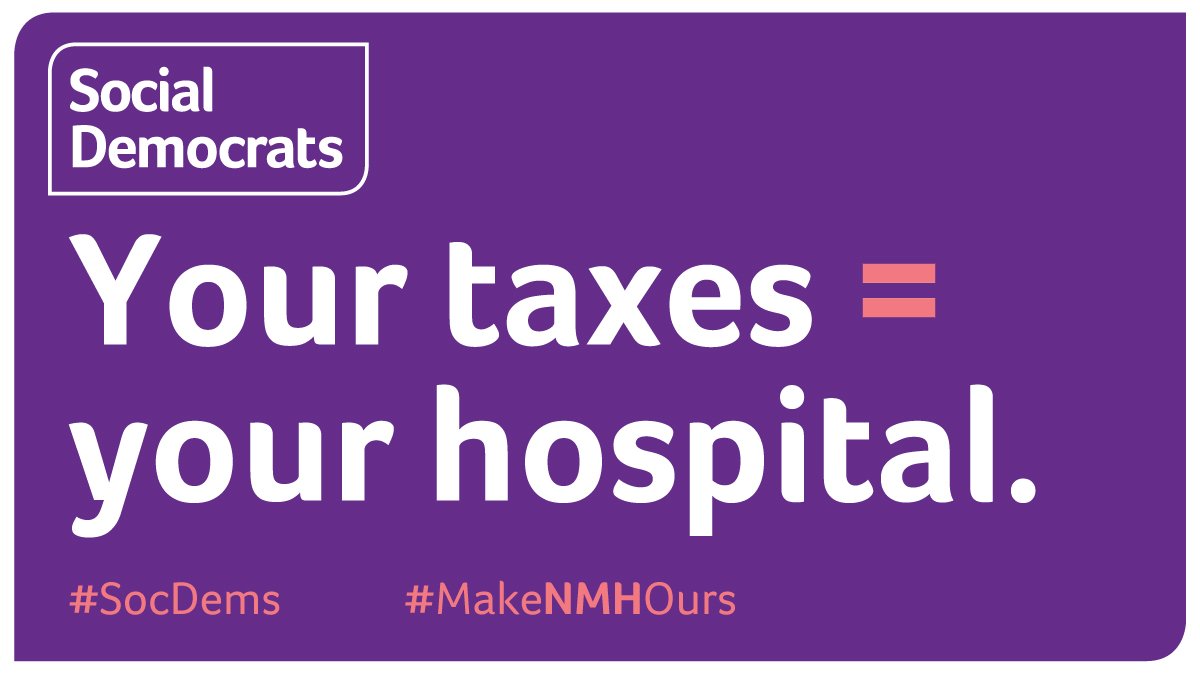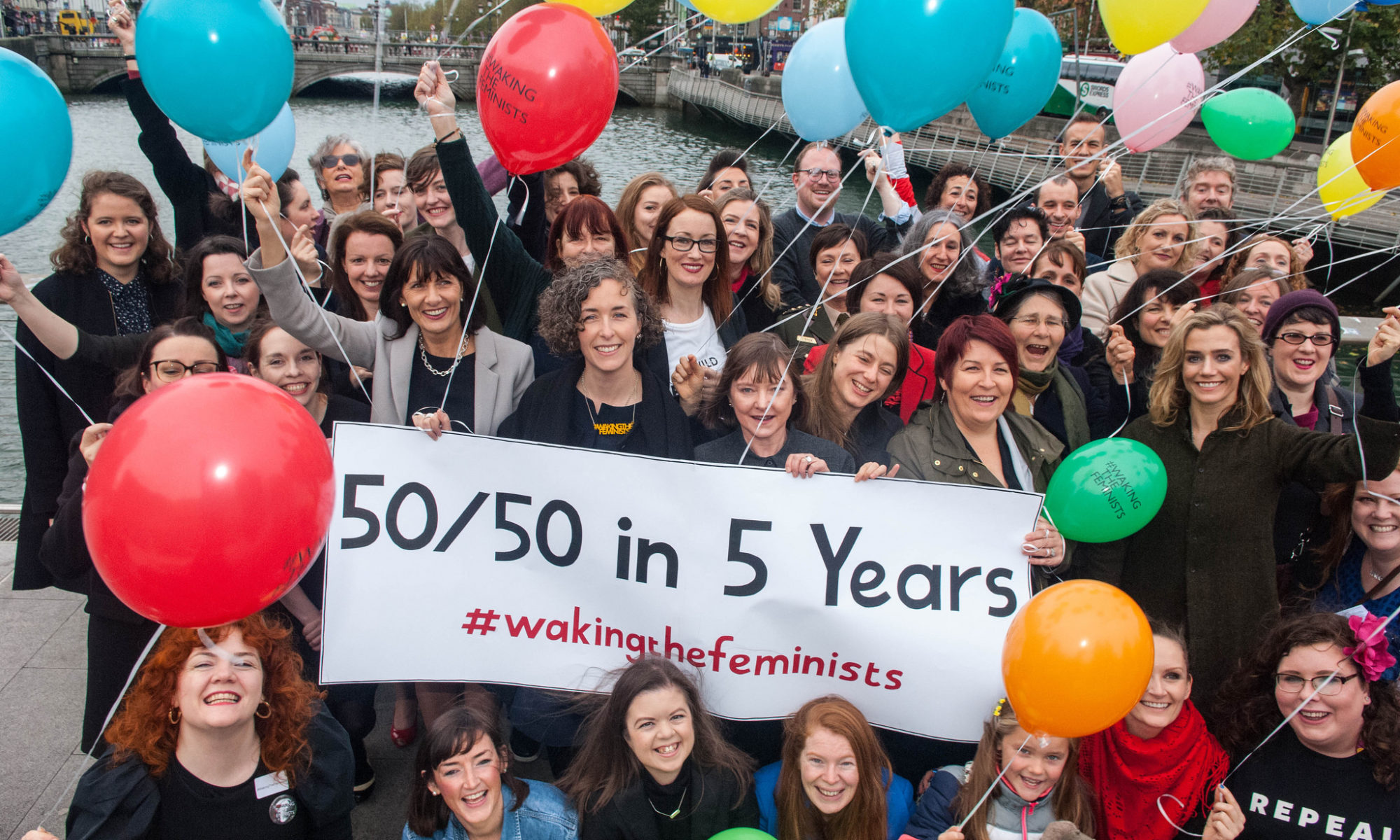Power, harassment, silence and theatre
I am tired and angry about continuously seeing the ‘women as victim’ trope performed on our stages and screens. In the few instances where women are portrayed as seeking power, they are often ultimately punished for doing so.
Are we staging the truth of women’s existence to expose it to the light, or are we denying access to alternative narratives that would help women express their strength and power in a positive way? I think both are simultaneously true.
I was deeply uncomfortable recently watching the Suppliant Women on the stage of the Gaiety – precisely they were suppliant, not defiant. I also wonder about the cost for those women who perform these types of roles, and are cast to perform them again and again over the lifetime of their careers – what does this do to them?
I recall Joanna Crawley’s excellent analysis of Polish theatre in this regard, which she spoke about at a #WakingTheFeminists public meeting. What does it do to us as audiences when we witness artwork about past traumas? Are we at some level, traumatised or re-traumatised by that experience, in our bodies, or does art help us reframe and transform the traumas of the past? Theatre, as much as it has the power to positively transform our culture and be inclusive and healing, also has the power to replicate and perpetuate its inequalities.
According to psychoanalyst Darian Leader, we literally stage our traumas to achieve both closeness and distance from them. We connect with fictional stories to reconnect what is broken in us. In his book The New Black, Mourning Death and Melancholia he argues that “the place of the arts in a culture [is as] a set of instruments to help us to mourn. The arts exist to allow us to access grief… In our unconscious use of the arts, we have to go outside ourselves to get back inside.”
We need to pull our focus right back and see and hear clearly what the theatre is showing us about women’s experiences. Until we acknowledge and address the violence against women in real life, the theatre we unconsciously programme will continue to scream this violence at us. Will we finally listen? Will we finally speak the unspoken in the real world? Will we make space for more powerful and strengthening narratives about women to allow us to shape a different destiny for half of humanity? This isn’t just about one person, or one incident, or only the theatre sector. It’s everywhere. But in the theatre, we have the power to start to tell different stories from different perspectives, to begin to reshape the culture.
This has begun with Grace Dyas, Lisa Tierney Keogh and others and their great bravery in speaking up. Their truths begin to displace the deceit and abuse of power that has gone unchallenged too long.
It also challenges those of us who may not have been directly affected by bullying or abuse, but knew it went on. We had all heard stories. I believe there’s not a single senior person working in Irish theatre today who hasn’t heard the stories, or has been aware of bullying, abusive behaviour.
Both the abuse, and the culture of silence around it, place each person who has been abused by these men into an invidious situation. On the one hand they are told to be brave and speak out, sometimes at great personal cost, and on the other hand they are told to be cautious, careful and keep quiet, also often at great personal cost.
It maybe difficult to do, but I believe that for our culture to change it means that many more women and men will need to come forward to share their stories about their experiences, and what they have witnessed. I just hope that if and when they do come forward that they have support and are fully informed of their rights and legal options, and if they do speak out they don’t have to do so in fear of potentially negative consequences. There are some risks in speaking out, but there’s great power there too, especially when many voices join together. I also believe there has never been a better time to speak out than now, and I hope the conditions for truth-telling continue to improve.
Everybody knows
Not all bullies are sexual predators, but all sexual predators are bullies. Harassment and bullying have been an ‘Open Secret’ for years. The trouble with open secrets is that that while they may appear to give people some comfort that they are not alone, because they sometimes share their experiences in private, open secrets also shut the conversation down. They go only so far, and the perpetrators are not publicly held to account. If ‘everybody knows’ and nobody does anything about it, I can only imagine how much more isolating that is for people at the receiving end of abuse. It is protective it is of perpetrators. Where there is not explicit condemnation of abusive behaviour is it perceived as implicitly condoning it, and that needs to change. Open secrets are like severely gerrymandered districts, the truth flows silently along certain planes, but rarely crosses boundaries into the open. ‘Everybody knows’ doesn’t really mean everybody knows until an open secret becomes a public truth. And it’s only when things become public that we can really deal with them in the open, and change them.
It seems crazy to me that one set of laws (defamation) are actively set against another set of laws that are there to protect us from harassment and abuse. We have work to do on the legal structures too.
I’ve been thinking about complicity, and what we can do right now when faced with others in powerful situations which they abuse. As a producer and company manager I once warned a young intern about taking up a job at a certain theatre because of the stories I had heard over the years, and I was concerned for her. It seemed like all I could do at the time. But it’s not enough. We need to figure out ways to speak up when we see or hear something, and not leave those who have been abused to tell their story alone – a clear step by step process. I’ve had to do a lot of questioning myself. And often I don’t know what to do, but I’m working on it.
Those of us who have some power and roles of leadership, whether as executives or board members have a responsibility to create, promote and enforce structures and cultures of openness where people can speak freely and report abuse, bullying and misconduct without fear of retribution, without fear of a damaged career, without fear of being discredited and disbelieved. We can no longer be bystanders, and just shake our heads and roll our eyes. We need to actively open paths to truth, and be proactively supportive. And there’s a lot more to be done to ensure the conditions for abuse never arise again in our workplaces.
We cannot achieve gender equality in Irish Theatre without facing up to cultures of abuse on and off stage. It is not enough just to say we are open to women and expect them to come forward without doing the work to make our spaces, procedures and structures safe, welcoming and supportive, and communicating exactly what can be done to seek redress when people abuse their power. We all need to do a better job of communication, to really listen to each other, without dominance.
In order to support those who wish to speak out and to change the culture of abuse and silence, we all need to be more knowledgeable about:
- clear definitions of harassment and abuse
- How to report an incident, whether it has just happened for from years back
- Who to report an incident to
- Who is responsible for investigating an incident, and the process involved
- What to do if someone reports an incident to you, and the steps to take
- What your legal rights are
- What supports are out there and how to access them (incl. counselling, legal, HR)
- How to talk about this in public if you wish to do so
Powerful men and abuse of power
Power is a very useful thing. It can do great good in the right hands. In the wrong hands it does great damage when it is abused. All abuse is an abuse of power. Some very powerful men have a finely honed calibration of the balance of power, not just in general, but in every particular situation and social setting. They understand who has power and who doesn’t and to what precise extent. They gauge minutely who they can and can’t abuse, and how and when they can indulge in all sorts of bad and criminal behaviour with impunity. They know when and where and with who to be utterly charming, gregarious, entertaining, generous. They understand how to hold on to their power at all costs, to implicate others in their power structure, and to maintain silence and complicity. They know to associate themselves with other powerful people to increase the feeling of hopelessness in speaking out in those who may wish to challenge them. They hide in plain sight. They relentlessly go after anyone who may critique or call them out even in the mildest way. They destroy or attempt to destroy the careers of those who would challenge them. And when the are held to account for anything they immediately become a wounded pathetic animal, lashing out in fury, acting the victim, seeking sympathy for their supposedly ‘unjust vilification’ (as if their predicament, entirely of their own making, is worth vastly more sympathy, than those they have wronged). They are given the most ironic of platforms of power, on boards, on air, on television, at the top of companies and institutions, are funded/paid vast sums of money, are highly successful in many fields, can look forward to a comfortable retirement on a decent pension, and this exercise of toxic power and abusive leadership is allowed to go unchallenged because of this success, and their ability to extend and leverage their own power and dismiss others. And eventually, if they have to face up to public outrage over their misdeeds, they are more sorry about their own diminished power than feeling genuine remorse and empathy with those they have abused. We have seen this with recent cases in the US, but it is a common pattern.
They depend on silence. But then sometimes the day arrives when their power fades. Each person they have abused holds a jigsaw piece, that if all those various pieces were put together, we would all see a very different picture from that carefully cultivated public persona. When the silence begins to crack, we all begin to see a little more clearly the long-term damage that silence about abuse does to all of us caught in this malign web of power.
Silence as Trauma
It’s the silence that keeps us in the web of trauma. Our culture records, stores and reshapes our collective memories, including our collective traumas. Trauma, personal or collective, remains invisible and deadly until silence is broken. Breaking silence is necessary for healing to occur.
Two years ago, as #WakingTheFeminists started to break silence about gender inequality, TRAUMA the exhibition was running at Science Gallery Dublin. One of the curators, neuroscientist and Director of Science Gallery London Daniel Glaser, wrote in his introduction:
“It’s the burying of traumatic memory for the individual, the family, the culture that preserves its power. And this imperfect encoding and uncontrollable recall lies behind post-traumatic stress disorder. When memories break through in unrelated everyday life situations it is the chaotic, fragmented echo of the original traumatic moment that shatters the conscious present.”
To me, storytelling, whatever its format is one of the most powerful ways we shape our world. The stories we tell ourselves, our cultural narratives, define who we are, and who we are not; what we talk about; and what we don’t talk about; what and who we include and what and who we exclude.
It’s time to reshape our stories, to repurpose their power. It’s time to break again the hold of silence about sexual harassment in all our power structures.
There is no democracy without meritocracy; there is no meritocracy without equality of opportunity; equality of opportunity cannot effectively exist when one group is silenced.
Equal voice
Equal opportunity
Equal pay
Equal representation
Equal bodily autonomy
Equal power
This second silence is breaking. We are taking back our stories; We are taking back our stages; We are taking back our bodies; We are telling our truths. What has been whispered will become a roar until it shatters every pane of illusion and truth is finally acknowledged, and our culture tilts towards honesty and equity. Beyond the breaking of silence there are new horizons of healing, resilience and growth, and ultimately a shift in the balance of power. I have huge admiration for those who are already speaking out – I believe and support them. I hope more will follow in their own time with their own truths.
This is not a chorus of Supplication. This is a chorus of Defiance. This is a chorus of Strength & Support. This is a chorus of Change. Come Sing.


